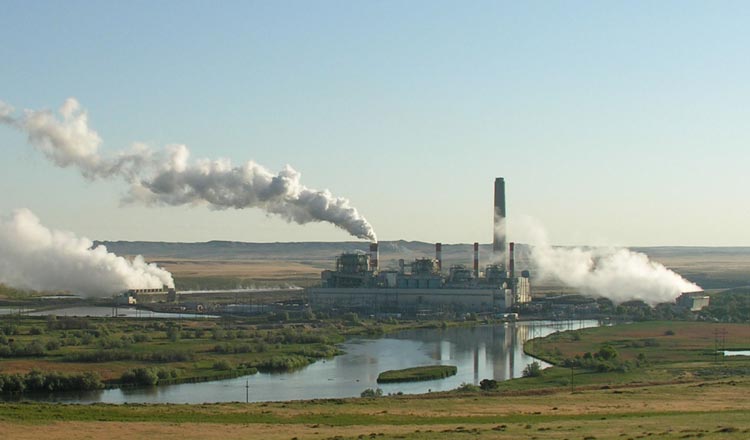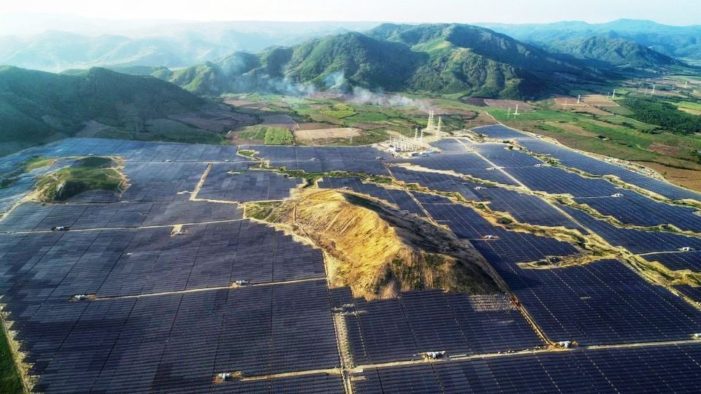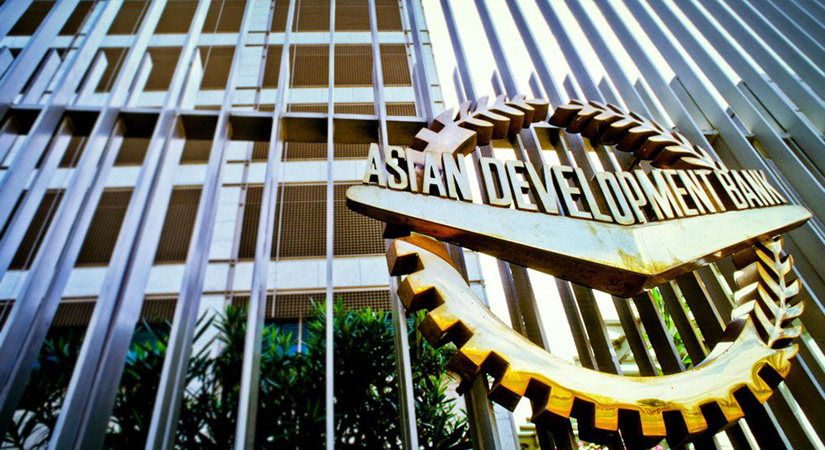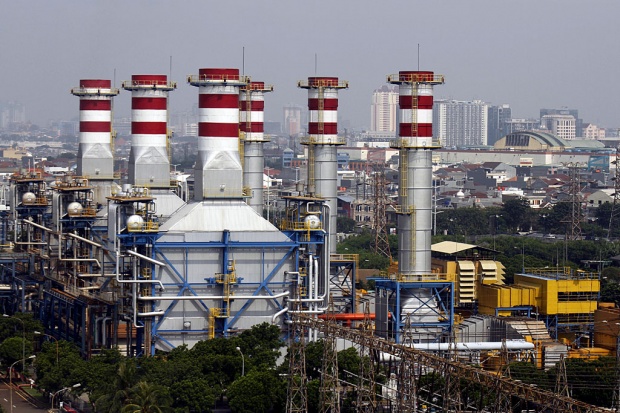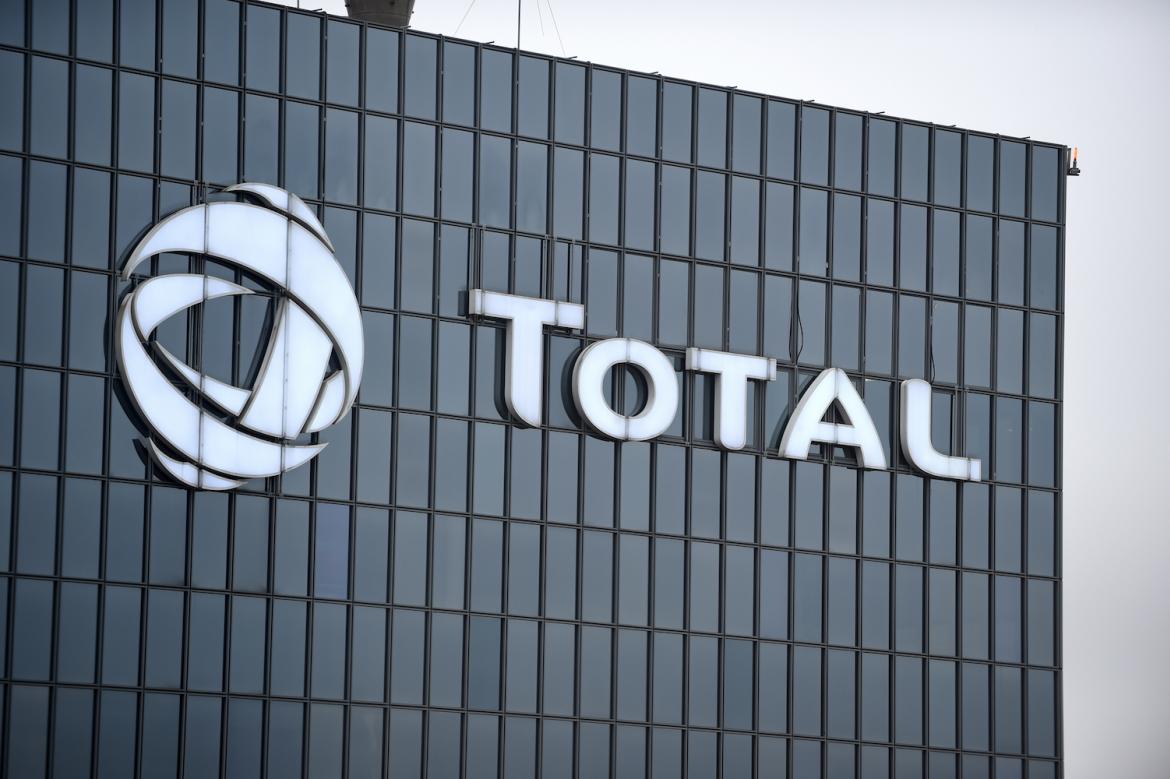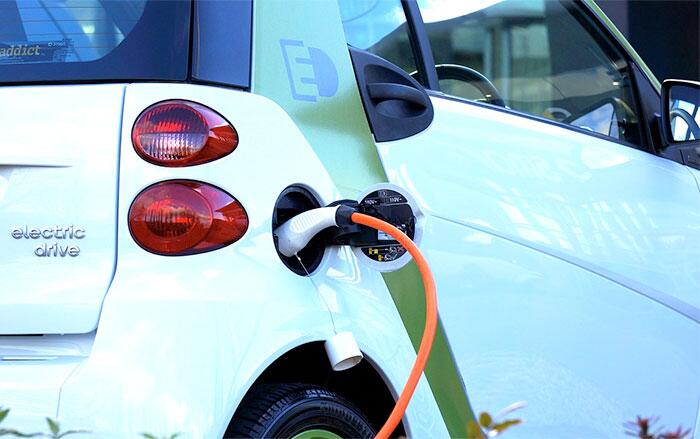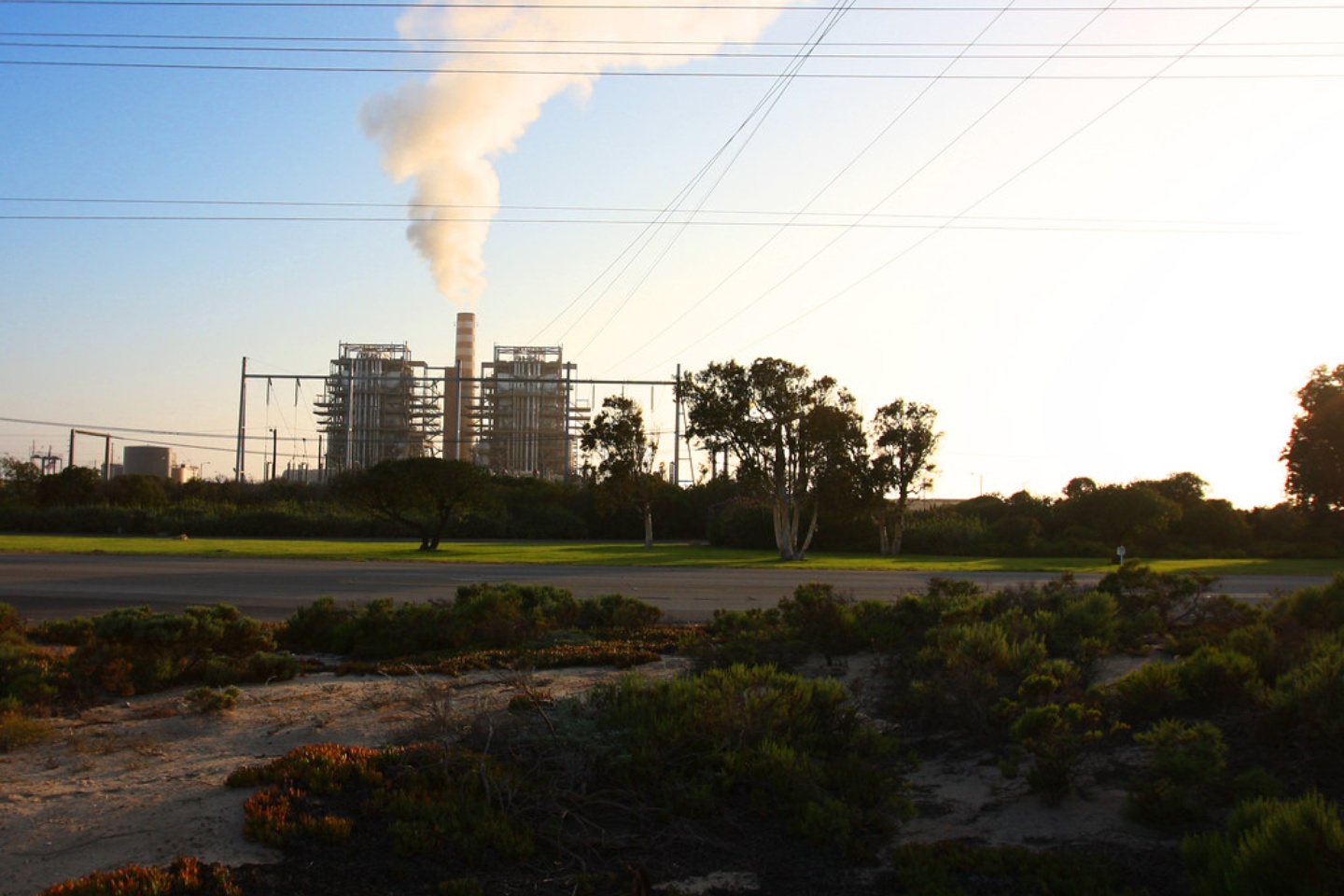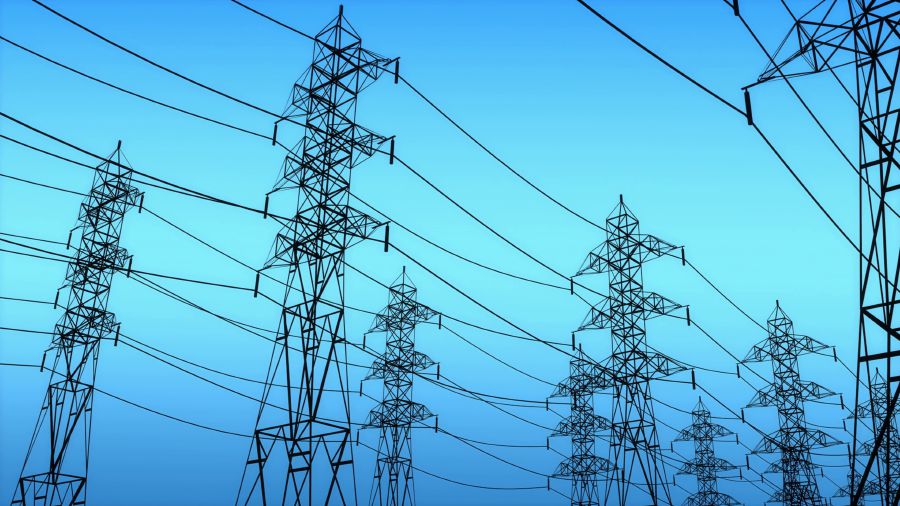Tax, whatever the purpose, is an unpopular word. The yellow vests movement in France, a series of protests that recently shook the European country in reaction to the government’s announcement of a green tax on fuel, attests to that.
But given the imminence of a climate catastrophe and the fact that the world devotes more attention to the issue than ever, there has never been a better time for governments to enforce a carbon tax, said Sharlin Hemraj, director for environmental and fuel taxes of the national treasury in South Africa, at the World Bank Group’s Innovate4Climate (I4C) summit held in Singapore last week.
“Now that we have the Paris agreement and countries around the world are increasingly exploring carbon pricing policies, it has become easier for governments to argue that there is a case for such schemes, not just to mitigate climate change but also because, otherwise, you will be hit by border tax adjustments and trade retaliation,” she said.
Border tax adjustments refer to import fees levied by carbon-taxing countries on goods produced in non-carbon-taxing countries. Such policies seek to address concerns over a loss of competitiveness in the wake of one country introducing a carbon tax while another country does not.
Carbon pricing instruments make polluters pay for the external costs of greenhouse gas emissions such as the loss of property to rising seas, damage to crops or healthcare costs from heat waves.
There are several paths countries can take to put a price on carbon, but policymakers at I4C’s session on lessons for the implementation of carbon pricing in Asia agreed that a carbon tax rather than an emissions trading scheme (ETS) would be the most efficient strategy governments in developing Asia can use to respond to climate change, while also being the easiest to put into effect.
A tax directly sets a price on greenhouse gas emissions, while an ETS caps the total level of emissions, permitting industries with low emissions to sell their extra allowances to larger emitters at a market price.
A major obstacle to the implementation of an ETS is the complicated process of establishing the financial market needed for the scheme to work, said Hemraj.
A carbon tax, on the other hand, can be built on the existing tax system, which significantly reduces administrative costs and effort, she said. This puts a tax at an advantage over trading schemes, especially in developing countries where administrative capacity is often low, she added.
We were certain we wanted a carbon price as early as 2010. In the face of climate change, we decided we needed it. It is something that is necessary, it is something that you cannot run away from.
Benedict Chia, director for strategic issues, National Climate Change Secretariat, Singapore
Emissions trading schemes are also prone to substantial price fluctuations, noted Benedict Chia, director for strategic issues at the National Climate Change Secretariat (NCCS) in Singapore. Such carbon price instability stems from fluctuations in economic activity resulting from seasonal factors, external economic shocks or changes in a country’s policies.
This is problematic because for businesses to invest in renewable energy and low-carbon solutions, there must be price certainty which only a fixed tax rate can provide, said Hemraj.
To make carbon taxation more effective, governments in Southeast Asia could dedicate tax revenues for emissions reduction programmes, said Naoki Torii, programme manager of the climate and energy area at the Institute for Global Environmental Strategies in Japan.
For instance, Japan’s carbon tax, which was introduced in 2012, is earmarked to fund energy efficiency projects and bring more renewable energy on stream, he said.
Time is running out
Global energy-related carbon emissions hit a record high in 2018 – the year climate scientists warned that humanity has twelve years left to limit global warming to 1.5°C – and Southeast Asia was the only region in the world where the share of coal, which is the single biggest source of greenhouse gas emissions globally, to generate power actually increased.
At the same time, the continent will be hit particularly hard by climate change, making it imperative for the Asean region to step up climate action.
Carbon pricing mechanisms are an effective strategy that can steer industries away from emissions-intensive production towards cleaner alternatives while boosting innovation in areas of renewable power generation and energy efficiency.
As of November 2018, 46 national and 28 subnational jurisdictions used carbon pricing, with more planning to implement instruments in the future. But in Southeast Asia, Singapore is the only country to have introduced a carbon tax.
The problem is that regardless of the type of mechanism governments go for, implementation will take time, said Benedict Chia of the NCCS in Singapore.
This is because every carbon pricing instrument, whether a tax or ETS, requires a system to measure, report and verify greenhouse gas emissions, which takes too long to be conceptualised and put in place, said Chia.
But pointing to the urgent need for climate action, he said there were also other strategies to put a price on carbon. The removal of fossil fuel subsidies or the introduction of internal carbon pricing mechanisms within companies, for instance, require less time to be introduced while having an equivalent effect.
“The advantage of internal carbon pricing within companies themselves is that companies can implement such mechanisms in a much shorter time frame than governments can. And internal carbon pricing does shape investment decisions and can shift the behaviour of the largest emitters,” he said.
Hybrid systems—the future of carbon pricing?
While a carbon tax is easier to implement, Chia said that the potential of emissions trading schemes, and particularly the use of carbon offsets, should not be neglected. Carbon offsets enable companies or governments to pay in order to reduce emissions through other emitters.
“Our stance is that if the world wants to reduce emissions, it is best for all countries to work together. And one key mechanism to do so is international offsets,” Chia said.
Several countries, including Singapore, have therefore designed a carbon tax that could be merged with an ETS to create a hybrid carbon pricing system.
One design feature that Singapore introduced is a credit and allowance mechanism, which requires companies to purchase allowances from the government at a fixed price instead of paying the tax directly, said Chia.
This familiarises companies with offset mechanisms and already puts in place the infrastructure that will eventually be needed for trading schemes, he adds.
Chia noted that hybrid systems could help address several challenges of current carbon pricing policies.
The concern around price uncertainty, for instance, could be addressed through the introduction of a price ceiling and floor, he said. In addition, economic competitiveness could be maintained as the wider introduction of carbon offsets and the linking of tax systems with trading schemes causes greater price convergence, he said.
It would also help tackle the issue of carbon leakage, said Chia. This occurs when one country reduces carbon emissions through tighter climate policies but encourages companies to move their operations to countries with lower emissions standards.
Singapore’s decision to implement a tax on carbon dioxide emissions and five other greenhouse gases from 2019 was announced two years ago, but preparations began much earlier, Chia shared.
“We were certain we wanted a carbon price as early as 2010. In the face of climate change, we decided we needed it. It is something that is necessary, it is something that you cannot run away from,” he said.
According to Singapore’s 2018 budget statement, the tax will start at S$5 (US$3.60) a tonne in the first phase to give the industry time to ramp up its energy efficiency. The price will be reviewed by 2023, with plans to increase it to between S$10 and S$15 per tonne of emissions by 2030.
The report also said that the tax would provide new opportunities in areas like sustainable energy and clean technology and that the government would support companies and households to enhance energy efficiency and reduce emissions.
The development of carbon pricing policies in Southeast Asia will be vital if the world is to avert the worst impacts of global warming. However, with plans to implement carbon trading in Vietnam and Thailand and the launch of a voluntary carbon market in Indonesia, Asean countries are rising to the challenge.


